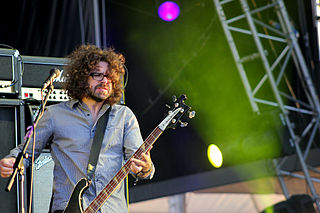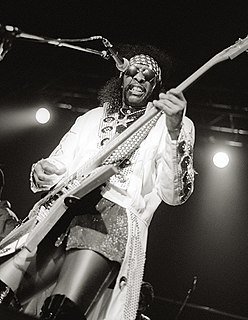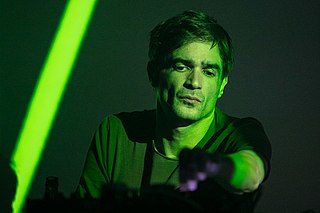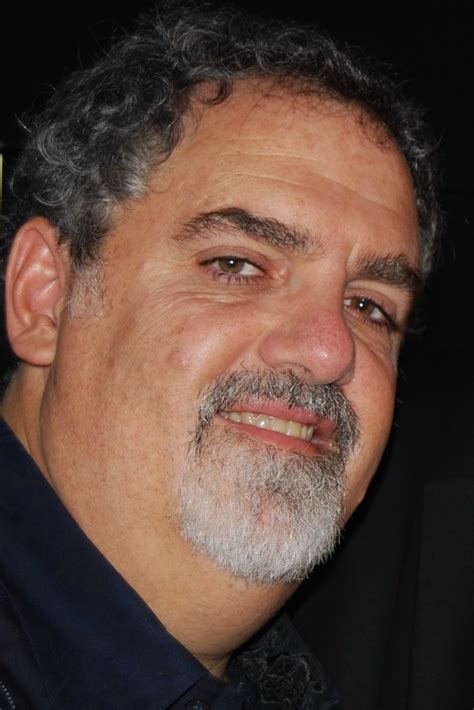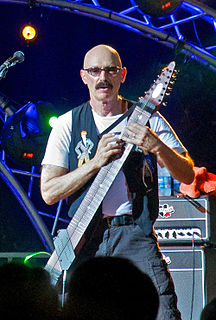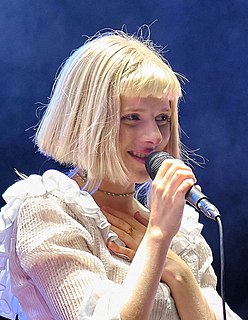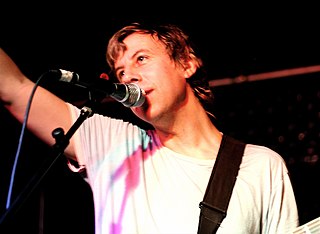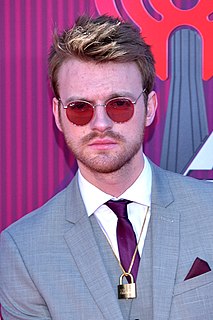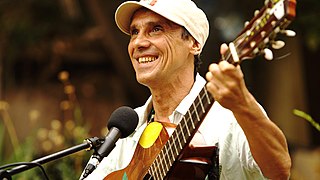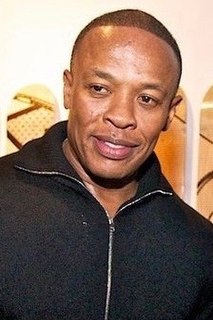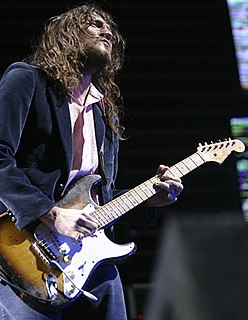A Quote by Pauline Oliveros
Before that, an 8-bit recording was pixelated; it was really bad. It didn't serve what I was doing, which was recording live sound and delaying it and feeding it back. This is essentially what the EIS system is: a bunch of delays.
Related Quotes
After discovering the Ramones, I discovered really crude ways to multi-track by taking another cassette recorder and plugging that into the eight-track, playing it back, so that as I was recording with the mic in my guitar, I could have another cassette player I had recorded on feeding into the recording.
If you are recording, you are recording. I don't believe there is such a thing as a demo or a temporary vocal. The drama around even sitting in the car and singing into a tape recorder that's as big as your hand - waiting until it's very quiet, doing your thing, and then playing it back and hoping you like it - is the same basic anatomy as when you're in the recording studio, really. Sometimes it's better that way because some of the pressure is off and you can pretend it's throwaway.
I loved the idea of recording. The idea of sound-on-sound-recording captured me as a young kid, and once I realized what it was I had an epiphany. Before I was even playing the guitar, I would create these lists of how I would record things and overdub them, like Led Zeppelin song, 'I could put this guitar on this track...' and so on.
The modern recording studio, with its well-trained engineers, 24-track machines and shiny new recording consoles, encourages the artist to get involved with sound. And there have always been artists who could make the equipment serve their needs in a highly personal way - I would single out the Beatles, Phil Spector, the Beach Boys and Thom Bell.

